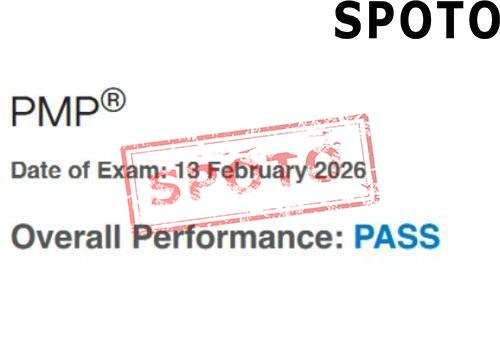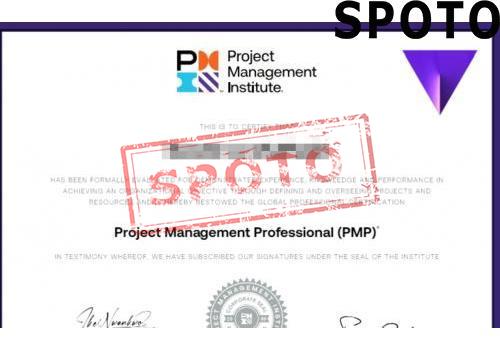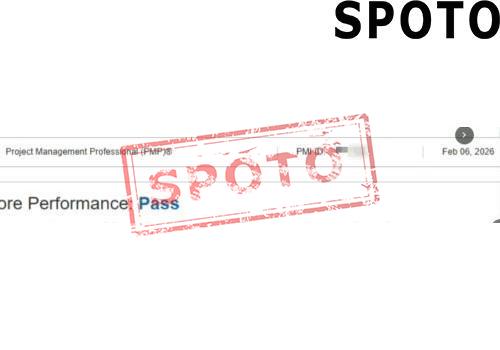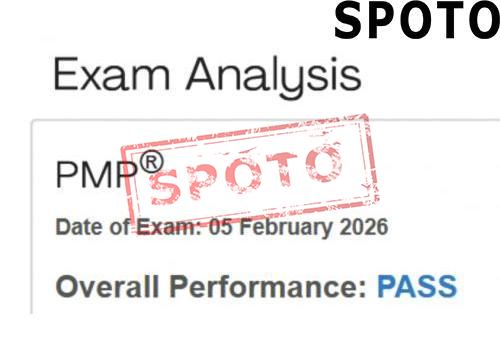
Table of Contents
Have you ever wondered what keeps complex projects on track, aligns teams towards common goals, and ensures organizational success? The answer often lies behind the scenes with a role that is both strategic and vital—the PMO Manager.
In today's fast-paced business environment, organizations are increasingly relying on Project Management Offices (PMOs) to streamline operations, improve efficiency, and deliver value. But what exactly does a PMO Manager do? What skills do they need? And could this be the career for you? We'll explore it in this blog; let's dive in.
1. What is a PMO Manager?
At its core, a PMO (Project Management Office) Manager oversees the strategic function of project management within an organization. They lead a team of project managers and coordinate efforts across multiple projects to ensure alignment with corporate goals.
The role is both leadership and management-oriented, requiring a broad understanding of project methodology, organizational strategy, and stakeholder communication. Essentially, a PMO Manager acts as the bridge between executive leadership and project teams, ensuring that initiatives are delivered on time, within scope, and within budget.
A successful PMO Manager isn't just a project overseer; they are strategic thinkers, resource allocators, and change agents committed to driving organizational success through effective project execution.
2. What does a PMO Manager do?
Job duties for PMO managers
- Developing and implementing project management standards: Establishing best practices, procedures, and methodologies for project execution.
- Resource planning and allocation: Ensuring the right personnel and tools are available for project success.
- Monitoring project progress: Tracking key milestones, risks, and issues across multiple projects.
- Stakeholder communication: Serving as the primary liaison between project teams, executives, and clients.
- Reporting and analysis: Providing insights and performance reports to senior leadership to inform decision-making.
- Training and mentoring: Building project management competency within the organization through coaching and professional development.
Skills of a PMO Manager
To excel in this role, certain skills are non-negotiable:
- Leadership and team management: Ability to inspire and guide project teams.
- Strategic thinking: Aligning projects with organizational goals.
- Excellent communication: Articulating complex ideas clearly to diverse stakeholders.
- Risk management: Anticipating and mitigating potential issues.
- Problem-solving: Navigating obstacles swiftly and effectively.
- Technical proficiency: Familiarity with project management tools.
Related Job Opportunities
- PMO analyst
- PMO coordinator
- Program Director
- Portfolio Manager
- PMO process specialist
- Chief Operating Officer
3. How much does a PMO Manager make?
Salaries for PMO Managers vary based on experience, industry, and geographical location. On average, they earn between $90,000 and $150,000 annually. In highly competitive markets or specialized sectors, compensation can exceed $180,000.
Furthermore, those with certifications like PMP (Project Management Professional) tend to command higher salaries. The investment in certification pays off by boosting earning potential and career advancement opportunities.
4. Why pursue a career as a PMO Manager?
Career Opportunities
The role offers a diverse range of career pathways. As organizations continue to recognize the importance of structured project management, the demand for skilled PMO Managers grows. Whether in consulting, technology, or corporate sectors, opportunities are abundant.
Diverse Challenges and Opportunities for Growth
One of the most appealing aspects of being a PMO Manager is the variety of challenges faced daily. From managing cross-functional teams to implementing new project methodologies, the role maintains a dynamic environment rich in learning opportunities.
Furthermore, as you gain experience, you develop essential leadership skills, strategic insights, and a project portfolio that enhances your value within the industry. It's a career that fosters continuous growth and lifelong learning.
5. How do I become a PMO Manager?
Becoming a PMO Manager requires a combination of education, experience, and certification. Here's a clear path:
Educational background: A bachelor's degree in business, management, or related fields is typically required. Advanced degrees like an MBA can give you an edge.
Gain project management experience: Start by working as a project coordinator or assistant to understand project workflows deeply.
Earn relevant certifications: Certifications such as PMP or PRINCE2 are highly valued. For those looking to specialize in the strategic and managerial aspects of project management, specialized training from organizations like SPOTO can be a game-changer.
Develop leadership skills: Seek opportunities to lead small projects or teams to build your management acumen.
Apply for PMO roles: Once you have the experience and certifications, begin applying for PMO-related positions. Be prepared to demonstrate your ability to coordinate complex projects and lead teams effectively.
6. Conclusion
A career as a PMO Manager is more than just overseeing projects; it's about driving organizational success through strategic leadership and effective management. If you're someone who thrives in dynamic environments, enjoys solving complex problems, and aspires to leadership roles, this could be your perfect career path.
If you're serious about stepping into this field, investing in quality education is key. Consider enrolling in professional courses—such as those offered by SPOTO—to gain the skills, credibility, and confidence needed to excel.










